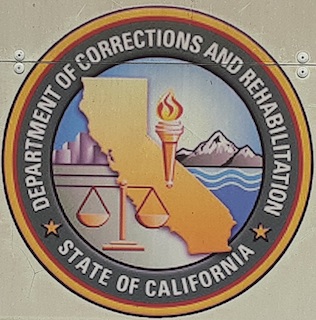This article is meant to realign the reader to the realignment statute, as eight years of having the new statute in place has revealed it is not so simple. In fact, with all the exceptions to county jail sentences, it is worthwhile now to pause and review exactly what AB109 provides.
After realignment went into effect in 2011, a felony is simply defined as any crime punishable by death, imprisonment in state prison or imprisonment in a county jail under the provisions of Penal Code § 1170(h).
Penal Code § 1170(h)(3) states any offender whose sentence is punishable by a term of sixteen months, two years or three years in state prison is eligible to serve his or her sentence in county jail unless the person is convicted or has been convicted of a serious felony (as defined at Penal Code § 1172.7(c)) or violent felonies (as defined under Penal Code § 667.5(c)) as well as those who were or are now required to register as sex offenders under Penal Code § 290.
 Twin Towers LA County Jail Downtown
Twin Towers LA County Jail Downtown
Such prior offenses include convictions in other states, wherein all elements of a California violent or serious offense are satisfied under the conviction from another state.
In addition, those who are ineligible to serve their sentence in county jail are those whose offense received an enhancement specifying imprisonment in state prison (“MSP,” or mandatory state prison). People v. Vega (2014) 222 Cal.App.4th 1374, 1387.
In addition, anyone with a prior juvenile adjudication for a strike offense must serve the subsequent sentence in state prison. People v. Delgado (2013) 214 Cal.App.4th 914, 918. We find this exception to AB109 applies more often than one might find because many offenses that would not be strikes in adult court are resolved as strikes in juvenile court, especially assault with a deadly weapon. However, Delgado also held that a judge in adult court may “strike” such juvenile offenses, making the person eligible for county jail. Delgado at 918.
Besides those ineligible for county jail under Penal Code § 1170(h)(3), there are certain other offenders who are specifically disqualified from county jail. These include offenders who admit to stealing more than $100,000 in the present offense under Penal Code § 186.11 (defined as two or more felonies involving fraud or embezzlement committed using a pattern or method under the California Organized Crime Act).
Also ineligible for county jail are those who have been convicted of more than 60 nonserious, nonviolent and non-registrable crimes that the legislature has nevertheless deemed serious enough to send to prison.
Lastly, it merits emphasis that the way 1170(h) defines an eligible felony is any offense punishable by sixteen months, two years or three years in state prison. Therefore, if the punishment for an offense is not of the 16/2/3 sentence structure, that person is ineligible for county jail unless the statute for the offense states punishment is under Penal Code § 1170(h). See People v. Butcher (2016) 247 Cal.App.4th 310, 319 (defendant lawfully sentenced to state prison for felony violation of Vehicle Code § 2800.2(a)(2) because felonies are punishable by state prison unless statute expressly states offense is punishable under Penal Code § 1170(h)).
 CDCR Emblem
CDCR Emblem Twin Towers LA County Jail Downtown
Twin Towers LA County Jail Downtown